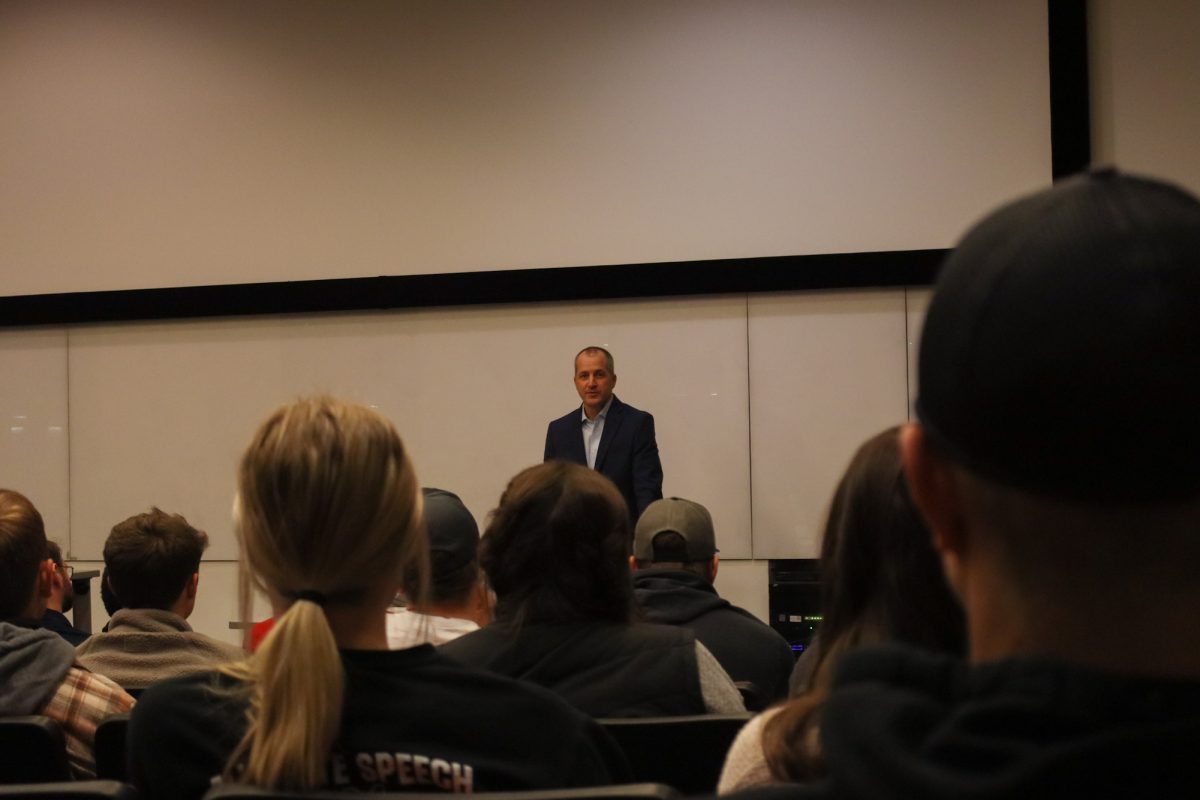Biased legislation tactics
March 19, 1997
The battle for America is not taking place only in the Legislature and in the media. It’s also taking place now in mailboxes across our country.
This week, millions of Americans received a “Christian Bill of Rights” for us to sign and return to Jerry Falwell, so that he could deliver them to our elected officials in Washington, D.C. A quick look through the five points in this document makes it abundantly clear why this battle has become ridiculous and not worthy of the bizarre attention the media pays to Falwell and friends.
The first point in this document demands exercise of religion (read Christian religion) in public schools, even though the accompanying letter admits that less than a quarter of Americans are evangelical Christians like Falwell.
The second says they don’t believe in abortion. But the religious beliefs of less than 25 percent of Americans is hardly a basis for legislation, is it? The third point says they believe in heterosexual marriage. The fourth point says they believe in the Bible. The fifth point asks the President and Congress to ask God to bless us.
How can a list of the beliefs from one religion — in this country of many religions — be a bill of rights? Beliefs are not rights; they’re just beliefs.
Our Constitution, the highest authority in the land — higher than popular opinion, by the way — says we are all free to believe what we want, but it does not say we are free to act on our beliefs if they interfere with other Americans’ rights.
School prayer robs some Americans of their freedom FROM religion, especially from one force-fed, state-endorsed religion, which is what Falwell wants. Beliefs about abortion, gay Americans, and the definition of morality are religious issues and belong in church and in private homes, not in the Legislature and not in strangers’ homes.
I don’t know why this debate goes on. It all comes down to one very simple idea. Falwell and his followers already have a Bill of Rights, the same one we all enjoy. They are free to believe anything they want, but they are not free — and never will be — to impose those beliefs on others. It doesn’t take a rocket scientist, or even a preacher, to understand that.
Scott Miller
St. Louis, Mo.






